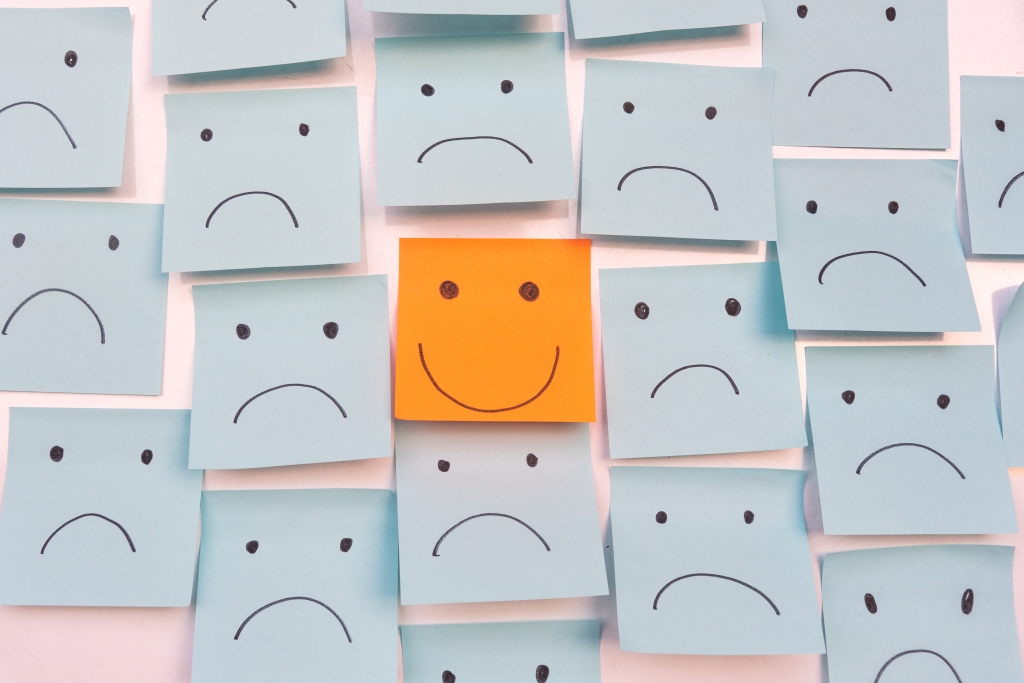
As librarians, we all know on a base level that we’re making a difference, that our work is important. But too often, we lose sight of the key moments that fill us with joy, each true connection quickly overshadowed by the next project on our list.
Our librarians are excited to share the personal memories they turn to for that extra boost of inspiration.
Julie O’Connor: “Cutting the Ribbon”
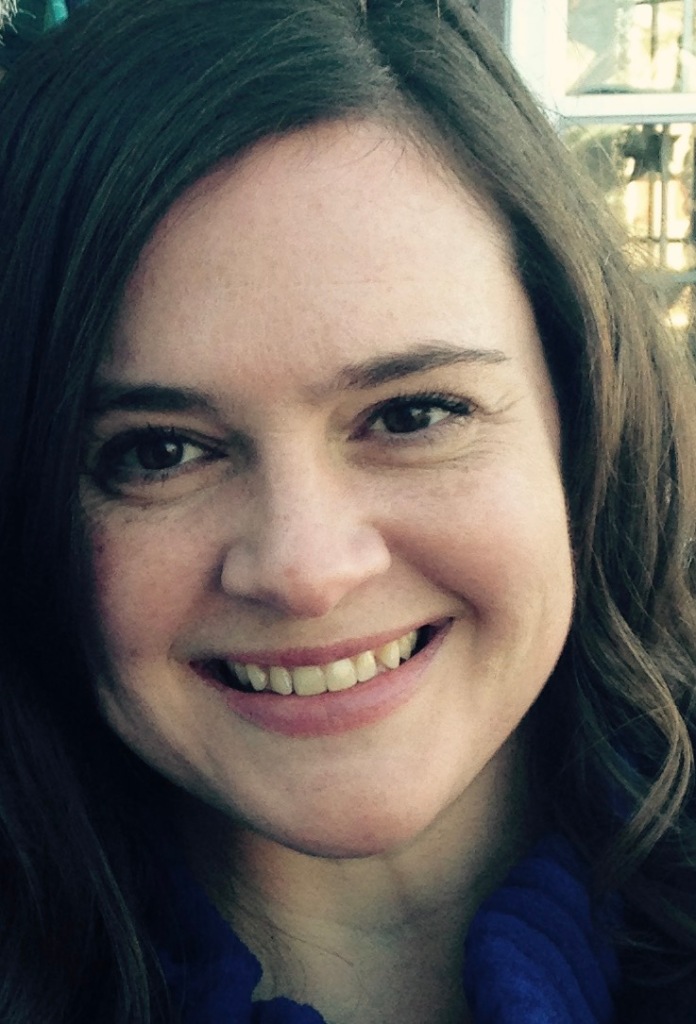
It’s difficult to pinpoint the most rewarding experience I’ve had as a librarian since my job is to help libraries with their collection development needs on a daily basis. It’s gratifying to help solve collection development conundrums, whether they be large or small. But if pressed, I think back to one of my first experiences as a project librarian. It was 2005 and Camden County, New Jersey, received funding to build a much-needed library. Their excitement was contagious because the residents and leaders had waited so long for this building. I know everyone is over the moon when a new library opens or is renovated, but experiencing that for the first time was something that will always stay with me.
Fern Hallman: “Seeing is Believing”
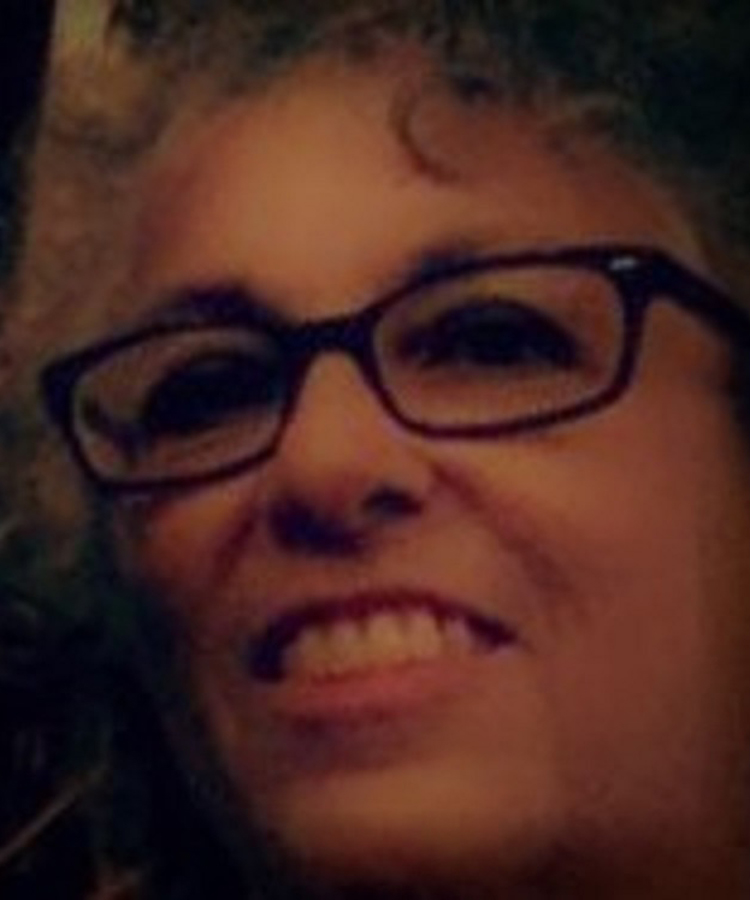
I was doing an ongoing vendor selection project and the librarians in that system were not thrilled that I was selecting their books. The library administrators who had decided to hire Brodart to do it that way held a meeting where the local library staff could ask me questions about my process. One of the librarians said she decided to put all of my recent selections on a book cart to really take a hard look at them and discovered that they were all checked out.
Scott Piepenburg: “Blazing a Trail”

My most rewarding experience as a librarian was when I was put in charge of the district automation program for Dallas Independent School District, then the eighth largest school district in the nation. We took 225 schools from only five with any type of automation to full automation in 18 months. This included purchasing and installing computers, creating a district-wide network (none existed at the time), and undertaking a complete retrospective conversion of the shelf lists.
At the time, it was the most extensive automation project in the nation and resulted in the largest school automation project in the United States; we did this while also creating and implementing centralized receiving and cataloging, doing almost 5,000 titles per week. Having no model to follow, as the system administrator, I was quite excited with the project, and pleased how well it turned out.
Stephanie Campbell: “The Stay-Behind”
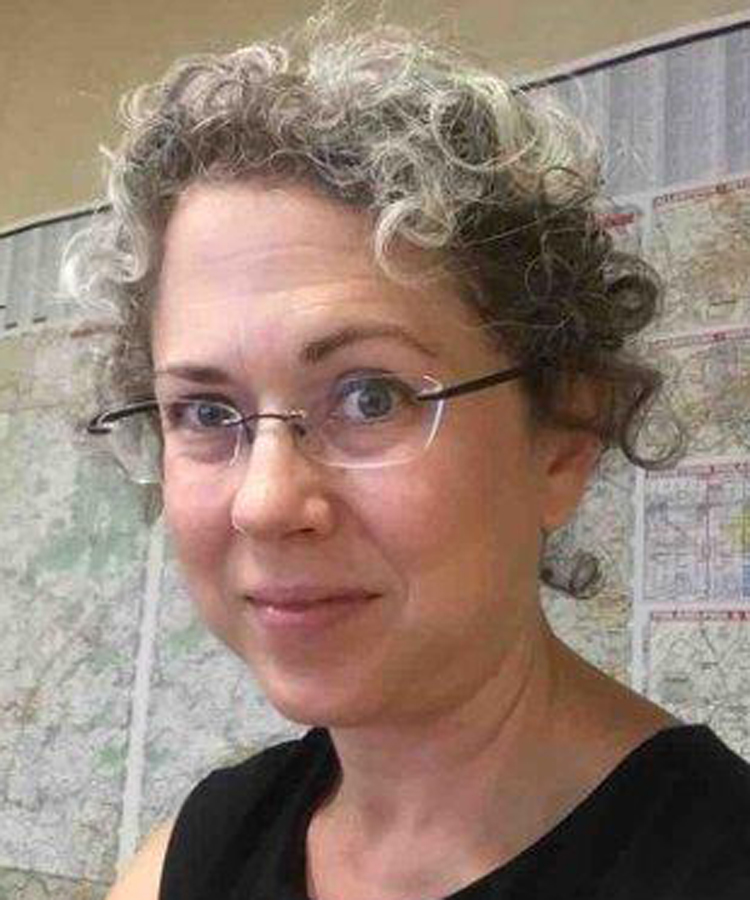
When I was just starting out as a librarian, I worked in older adult outreach services and was charged with creating engaging programs for residents at nursing homes and assisted living apartments. The divergent mental and physical health issues found in institutional settings, coupled with different backgrounds and experiences, make these seniors a particularly challenging group to entertain. Playful activities such as bingo, crafts, and sing-alongs were the most prevalent among the in-house recreational offerings at that time.
I took a more educational approach, with book talks and brief documentaries on particular topics to encourage conversation. Residents often dozed off during my programs. Others left the room when they got bored. Some stayed just to be polite, then thanked me, and bolted out the door the minute it was over. I performed these programs monthly at multiple facilities and it was wonderful when the topic and the audience were a good match. But even if I could reach just one person, it made it all worthwhile.
I remember one female resident in particular who attended every program I did at that nursing home. One day, as she lingered after the presentation, she told me how much she valued my visits and the material I chose to present, because it made her feel like an adult again, not treated as a child. It was both heartbreaking and gratifying to hear that. I ended up personally delivering books to her outside of work for a while. The power of human connection really hit me, and I began to realize how much I could make a difference in someone’s life.
Suzanne Hawley: “Nothing Beats a ‘Black Tie’ Auction with a Vanna White Lookalike”
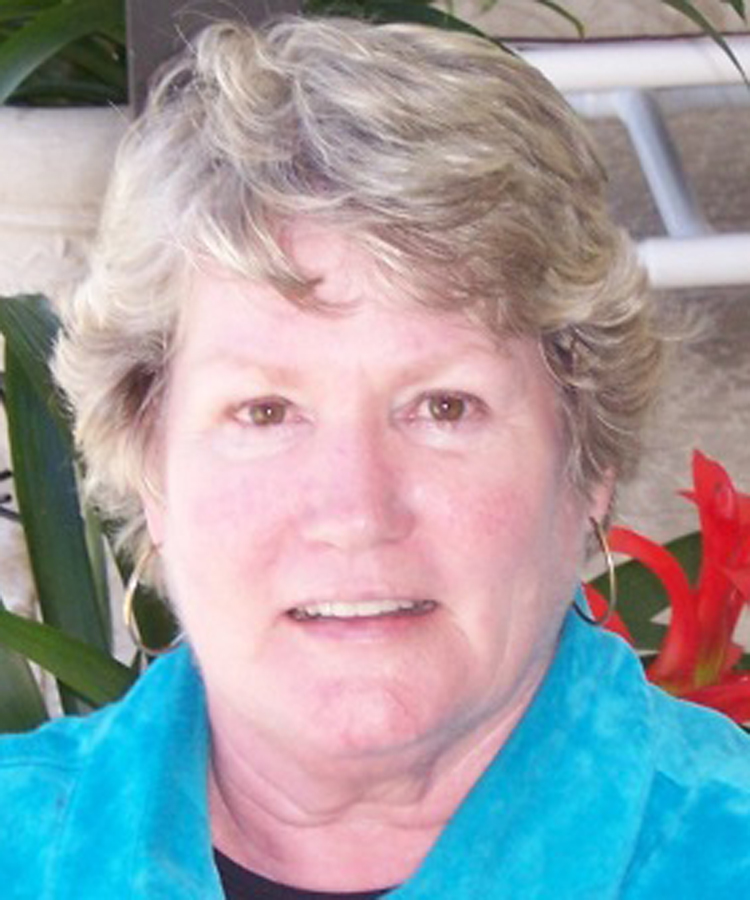
In order to get my fifth-graders to read more and write about what they read, I decided to hold a dress-up auction near the end of the school year. The kids read like crazy and wrote about what they’d read. The biggest hurdle for me was to read all the letters…there were at least 90 students writing letters most years! I gave them points, which would be used as dollars to bid with. On the day of the “black tie” auction, we gave each student a paper black bow tie with the number of dollars they had earned. We had an auctioneer and a Vanna White lookalike. Everyone—teachers, students, parents, administrators—were dressed to the nines. I used a book called “Celebrity Addresses” and sent letters to everyone in there I thought the kids would like an autograph or trinket from. It was exciting to watch the items roll in. We received, among other things, an autographed picture from Michael Jordan, a pound (!) of Wrigley bubblegum, an FBI cap, many gift certificates, tapes from popular singers, many coupons for restaurants, and so much more.
Parents manned tables where the kids would go with their ties when they won an item. They’d receive their winnings and the parent would subtract the amount it cost from their balance. I held these auctions in three schools for 20 years. Once a community realized how much fun it was, they began contributing items. We even got bicycles and TVs. Fifth grade was the highest grade in all these schools. Teachers from other grades were invited to bring their classes in to watch for half an hour and in the last schools we could stream it on the TV. The end result was a huge increase enthusiasm for reading in every grade. The kids couldn’t wait to get to fifth grade so they could participate in the auction.
Kat Kan: “A Zoom Surprise and a Virtual Hug”
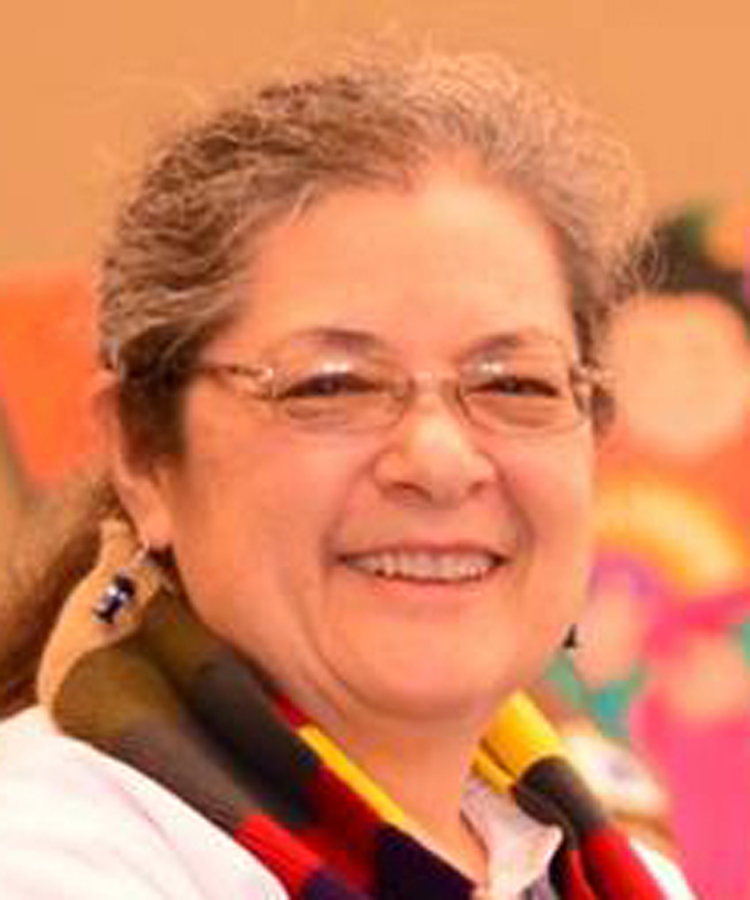
There have been so many over the several decades that I’ve worked as a librarian. Here is one of the most recent.
A couple of weeks before this writing, as we were leaving our church after the service, I heard someone shouting, “Mrs. Kan! Mrs. Kan!” I turned, and a tall boy came running down the path from the building. He was one of my former students when I was a school librarian. I hadn’t seen him since May 2019. He was one of the quiet ones, always drawing, borrowing books, not saying much. I always looked out for him, to make sure he was feeling comfortable and that he was always welcome in the library. That Sunday he told me how much he missed me, and the library. Then he proudly told me, “I can drive now!”
He has a younger brother, who was not the best student, but did enjoy coming to the school library and always borrowed books to read for fun. This past Sunday, I spoke to their mother; she’s been attending services at our church for about a month now. She told me that her younger son has connected with some of his classmates and former classmates, and they have their own Zoom book club! She told me “It’s all because of you. You helped them to love reading.” She’s clearly proud of her sons, but gave me credit for them becoming readers. I nearly cried.
I work in a public library now, and my department answers our county’s Citizen Information Line to help people with questions about getting tested for COVID-19, registering for vaccinations, and so on. Here, people must register and make appointments for the free COVID-19 tests at the county’s contracted clinic; the website is clunky and rather difficult for most people to navigate. There is no direct way to contact the clinic or the company that designed the website, so we get those calls. Sometimes callers reach us after trying for hours to find information. When I answer the line, I try to be as helpful and comforting as I can be.
Today, I helped a woman who called our line three times (I helped her twice). I stayed on the line with her as she negotiated the website and finally succeeded in setting up appointments for herself and her husband. At the end of the third call, she said, “I don’t know your name, but if I could, I’d give you the biggest hug! You people (meaning my department) are the only ones giving us good information and help! Thank you, we appreciate you so much!” So, helping connect people to books, and helping people get the information they need to help themselves in this pandemic are two aspects of being a librarian. In both cases, just knowing I helped in any small way makes me feel as though I’m doing my part to help the world be a better place.
Gwen Vanderhage: “Cultural Exchange”
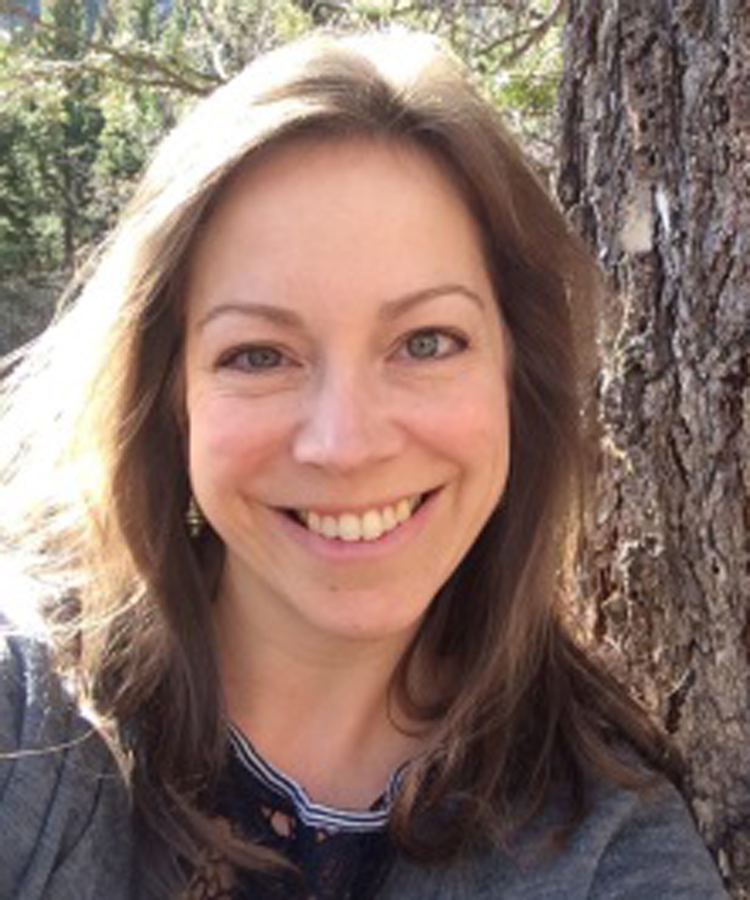
One of my most rewarding experiences as a public librarian was helping a population of Eritrean refugees who frequented my branch. The children were voracious readers and consumers of American pop culture. It was fun to help them find books and videos — they always had very specific opinions about what icons they were searching for and authors they were reading, but not always the ones we had on the shelf that day. The parents wanted help navigating and printing forms from government websites and getting matched up with computer tutors. They helped us keep our foreign film collection up to date. These families truly emulated why the library is a hub in every community and we were happy to get to know them each evening.
Everyone needs encouragement. Hopefully our librarians have helped you feel better about your own work on the frontlines. If we’ve inspired you in any way, we encourage you to share your story.
What’s one of your most-affirming experiences as a librarian? Tell us all about it in the comments below.